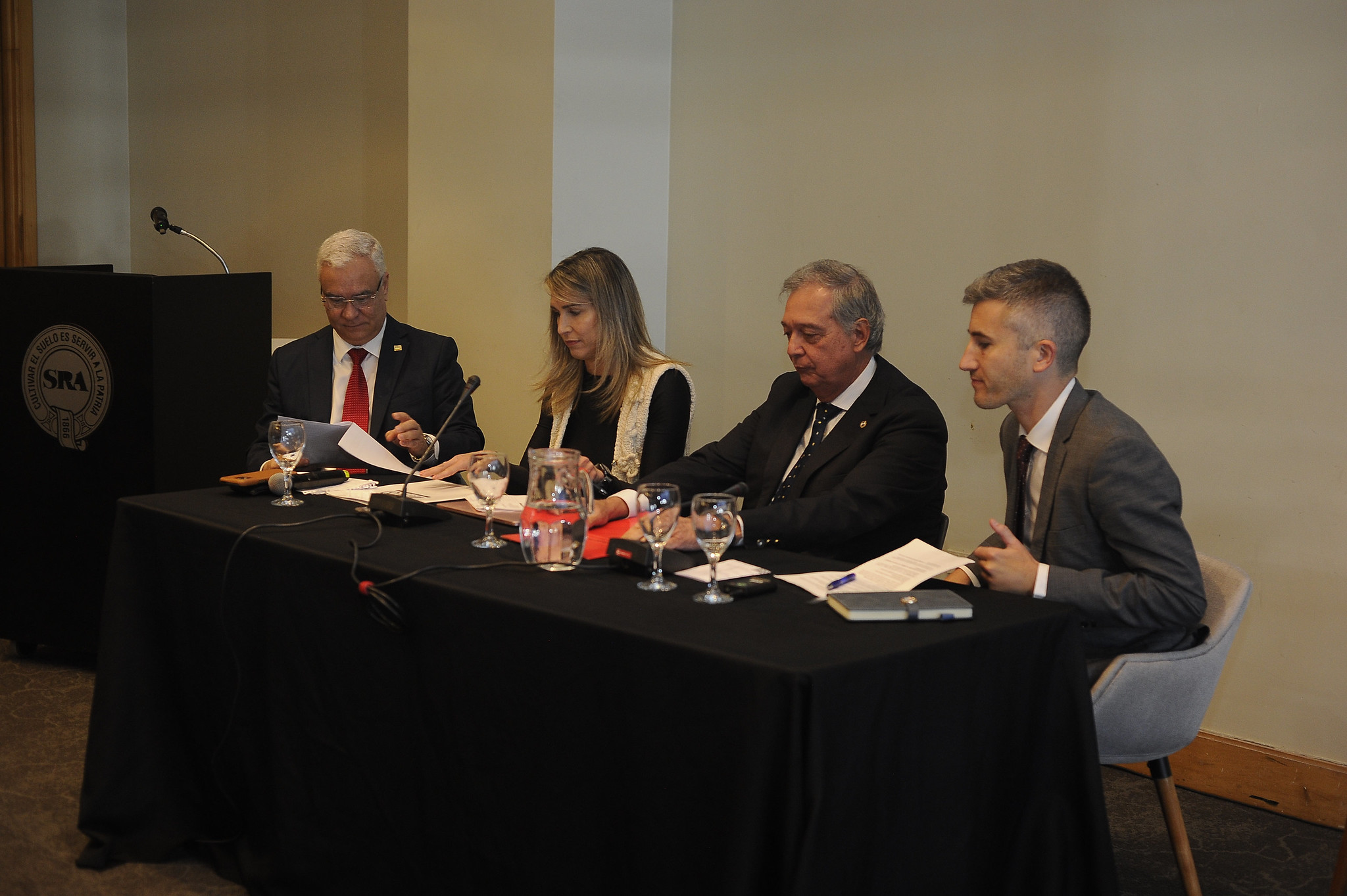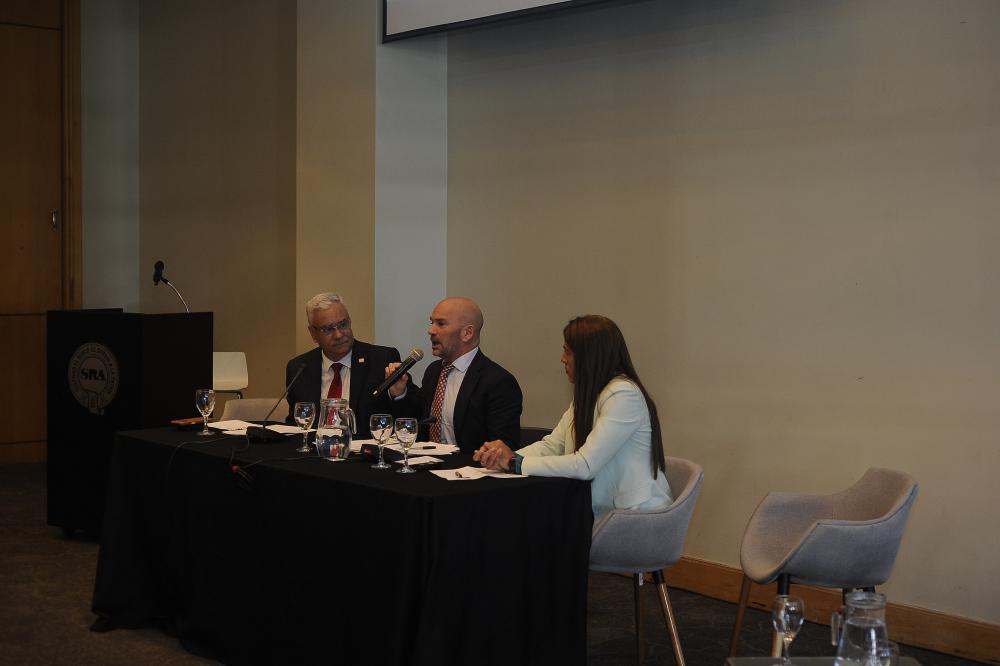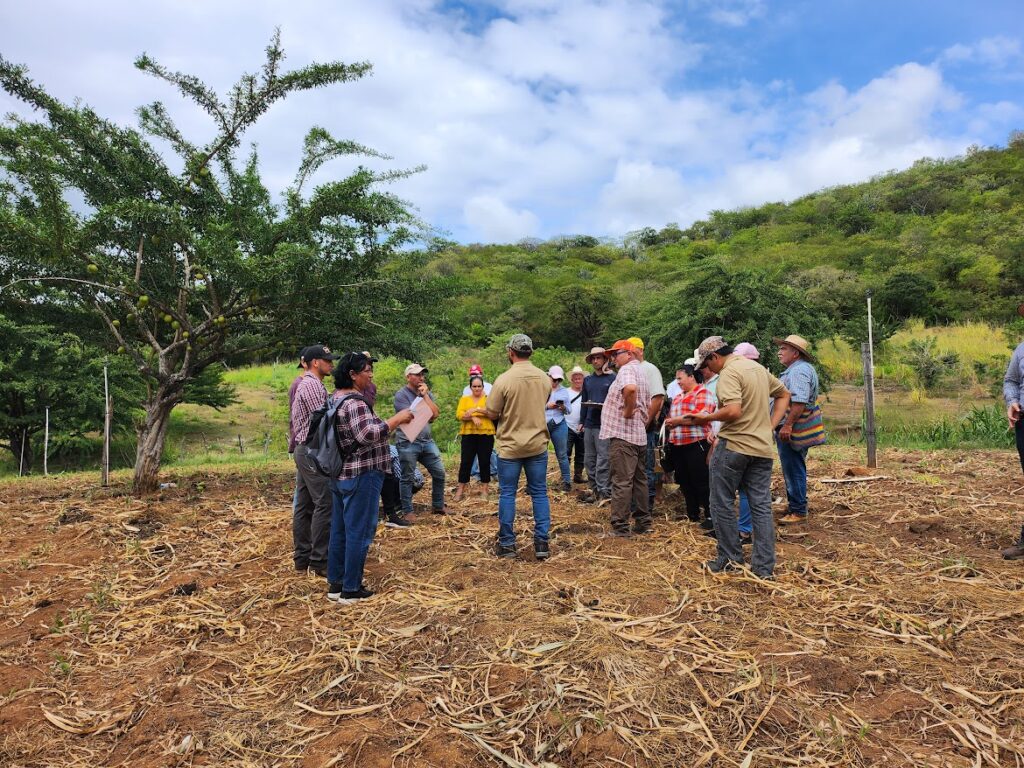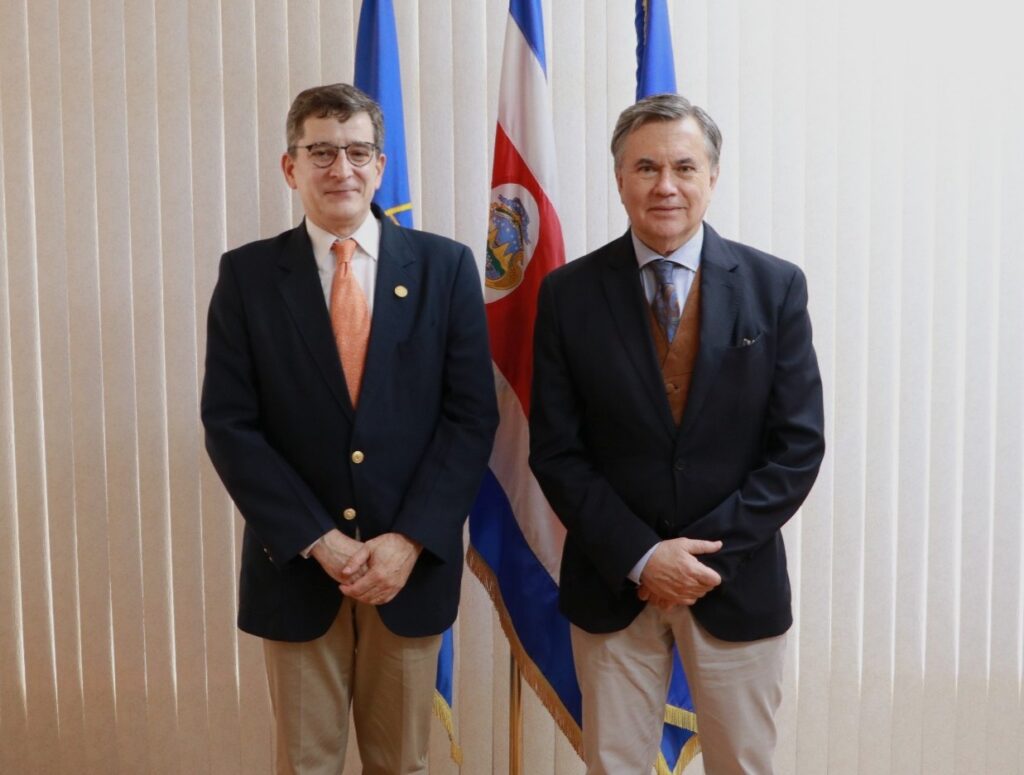In a discussion with representatives of the private sector and IICA, they insisted that the entry into force of the regulation, scheduled for December 31, should be postponed so it can be discussed in depth.

Buenos Aires, 31 July 30 2024 (IICA). Governments of the Southern Cone countries of the Americas took part in a discussion with representatives of the private sector and the Inter-American Institute for Cooperation on Agriculture (IICA) in which they reaffirmed their commitment to sustainable agriculture and expressed concern about the Deforestation Regulation of the European Union (EU), which they said could be detrimental to small and medium-sized producers, and also consumers, if it results in higher food prices.
They were adamant, therefore, that the entry into force of the regulation, scheduled for 31 December this year, should be postponed so that it can be discussed at length.
The discussion took place within the framework of the traditional Rural Exhibition of Buenos Aires. The panelists were the Minister of Livestock, Agriculture and Fisheries of Uruguay, Fernando Mattos; the Agricultural Attaché of Brazil’s Embassy in Argentina, Andrea Parrilla; and the Undersecretary of Agricultural Markets and International Negotiations of Argentina, Agustín Tejeda.
The EU Ambassador to Argentina, Amador Sánchez Rico, also took part, and gave details of the new regulation. From next year onwards, exporters of primary products to Europe will be required to certify that their production did not contribute to deforestation.
Another of the speakers was Juliana Salles Almeida, Lead Climate Change Specialist at the Inter-American Development Bank (IDB), while the President and Vice President of the Sociedad Rural Argentina (SRA), Nicolás Pino and Marcos Pereda, addressed the participants during the opening and closing of the event.
The IICA Representative in Argentina, Fernando Camargo, was the moderator.
Replying to questions from Camargo, Sánchez Rico stated that the EU did not envisage the entry into force of the regulation being postponed –as the Southern Cone countries of the Americas are urging, given the lack of information about implementation and the shortness of time– and also noted that the higher costs to producers of this new requirement have not been quantified.
Mattos, Tejeda and Parrilla pointed out that the Mercosur countries (Argentina, Brazil, Uruguay and Paraguay) and the members of the Southern Agricultural Council (the four countries already mentioned plus Bolivia and Chile) have a coordinated strategy on the issue. They affirmed that the Deforestation Regulation was simply a veiled form of protectionism.
They also suggested that small farmers would be hardest hit, and that many issues still need to be clarified regarding the application of Regulation 1115/2023.
Common goal
“Sustainability is a common objective of our countries. We’re not going to allow anyone to come and teach us about the importance of sustainability. The starting point must be dialogue, not imposition,” said Mattos.
The Uruguayan minister warned: “We need to sell, but the Europeans also need to buy. I don’t know which needs the other more. We should talk about greater complementarity.”
Agustín Tejeda believed the regulation would have distorting effects on trade, was arbitrary, and did not respect national legislation.

“Argentina and its partners in the region champion the multilateral trading system and reject barriers that are not compatible with it. We’re going to question this regulation in all international forums every time we have an opportunity to do so,” remarked Tejeda.
“We question the unilateral approach because we believe that global problems like climate change and the environmental crisis call for global responses,” he added.
Andrea Parilla was convinced that the introduction of the regulation would have very adverse effects: “It will generate higher costs, drive small farmers from the countryside, reduce the food supply, and may even push up inflation,” she warned.
“We would have anticipated an environment of cooperation and discussion when this regulation was developed. And also, that during a transition phase, compliance with the regulation would have been voluntary,” he added.
The private sector also questioned the EU’s unilateral imposition of the measure.
“We must use our common sense and not demand things we may not even be able to comply with ourselves. We seek the common good and we need to keep talking, because we have the responsibility to work together to feed a troubled world,” said the President of the SRA, Nicolás Pino.
The inevitable negative impact on production was also highlighted by Pablo Ruival, President of the Argentine Forestry Association (AFoA); producer Francisco Santillán, a member of the SRA’s Cereal Commission; Juan José Grigera Naón, President of the International Meat Secretariat; and Patricio Cortabarría, advisor to the Federation of Rural Associations of Mercosur (FARM).
EU Ambassador Sánchez Rico accepted that the criticisms and concerns of governments and producers were legitimate.
“We’re doing everything possible to open up channels of communication. Latin America, and the Mercosur countries in particular, have everything required to feed and also supply energy to the world, and what we need are reliable partners,” he said.
“We believe it’s essential to talk to all sectors, and especially with the first link in the chain, which means livestock producers, Sánchez Rico added. “The important thing is that we be honest and put all our cards on the table. The regulation has nothing to do with protectionism, because the requirements also apply within the EU and are a response to the demands of European consumers.”
“We may disagree about how to achieve it, but we have a common objective: to produce more, better and in a sustainable way,” he concluded.
More information:
Institutional Communication Division.
comunicacion.institucional@iica.int










